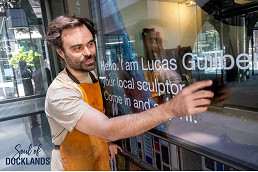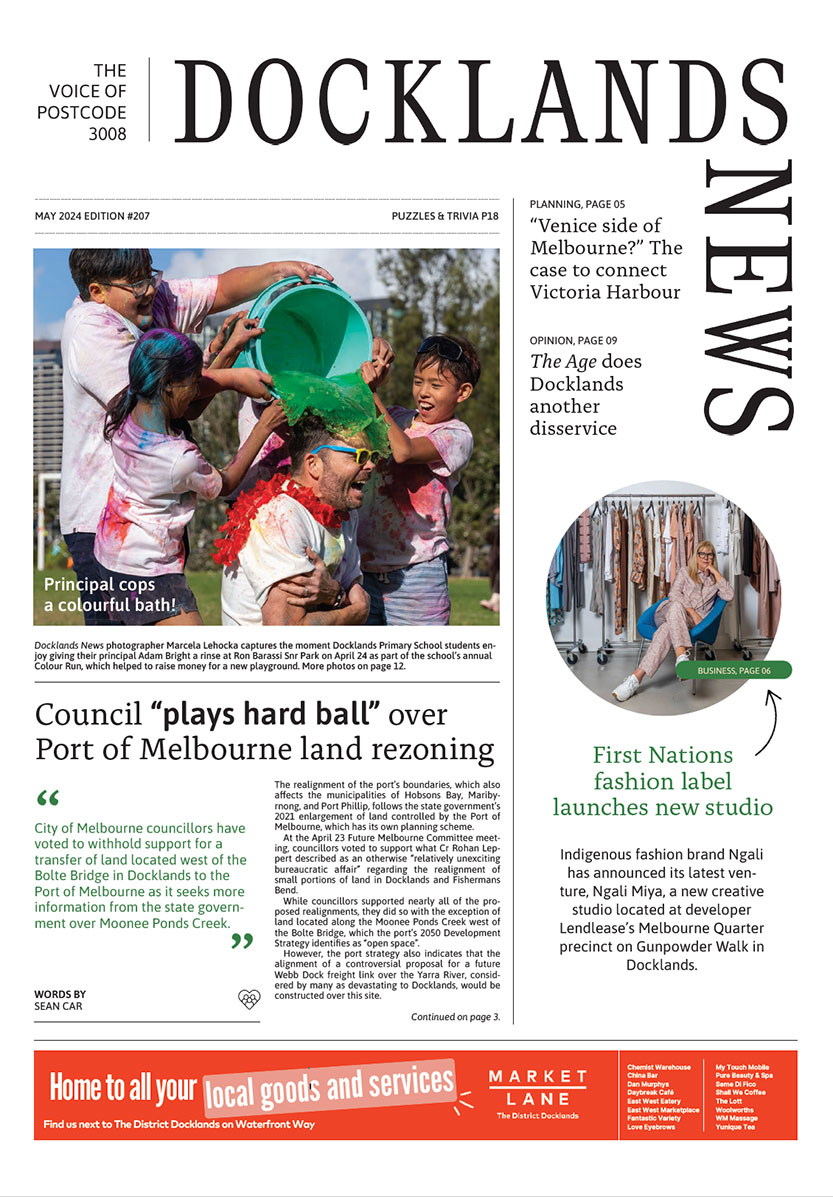Lithium-ion batteries in strata: webinar
The Owners’ Corporation Network (OCN) will host a free online webinar on Thursday, February 15 from 12pm to 1pm on the growing importance of rechargeable lithium-ion (li-ion) batteries to high-rise living.
These batteries are now the most widespread portable energy storage solution globally. This is due to their use in a wide range of consumer products such as mobile phones, laptops and a growing array of home appliances and tools.
But what has brought li-ion batteries to the fore in residential strata is their use in personal transportation devices such as e-bikes and e-scooters. This is because some li-ion recharging incidents have caused fires, resulting in serious injuries and extensive property damage.
One recent example occurred in January 2024 where a faulty li-ion e-bike battery caused a devastating fire in a North Bondi apartment. An e-bike had been left to charge in a bedroom unit overnight, leading to a fire in the early hours, which subsequently engulfed the beachside apartment.
Attending the event, the Fire and Rescue NSW (FRNSW) has publicly warned of the risks posed by li-ion battery failure which can include severe burns, chemical exposure, and smoke inhalation. Added to this, fires arising from li-ion batteries are difficult to extinguish and may spontaneously reignite.
This means that fire emergency services are required to dedicate significant resources to protect consumers from fires caused by li-ion batteries.
Also expressing grave concerns about the increasing number of incidents involving li-ion batteries is the Australian Competition and Consumer Commission (ACCC). In a recent report they warn of the hazards that can arise from low-quality batteries, unsafe charging practices, unauthorised repurposing or modification and storage failures, such as when they are exposed to heat or moisture.
The ACCC’s report also identifies the risks surrounding the disposal of li-ion batteries. Specifically, their chemical makeup means they may ignite upon exposure to conditions that are common during household waste disposal, such as compaction or exposure to heat or moisture. This can result in intense and persistent fires in communal waste areas that are difficult and dangerous to extinguish.
This now leaves residential strata communities with significant challenges regarding how best to manage this growing use of li-ion batteries in their apartment blocks. There are questions around what ways owners’ corporations (OCs) can mitigate these risks and whether, in fact, OCs have authority to regulate what residents do in their private lots.
Added to this, there is uncertainty around what fire-fighting capacity OCs now need to deal with because of faulty li-ion battery incidents.
While state regulations differ, this is shared challenge across all Australian states, which is why the OCN is hosting a free webinar on February 15 where a panel of experts will discuss:
- fire risks across common lithium-ion battery products;
- recommended code of conduct for common lithium-ion battery powered devices;
- expert advice (including a summary of responses and submissions regarding the EV fire risk); and
- advice from the Insurance Council of Australia.
Speakers include Fred Tuckwell (OCN chair), Emma Sutcliffe (EV FireSafe general manager) and Ross de Rango (Electric Vehicle Council head of Infrastructure).
The webinar is free, and you can register your attendance online •

Council “plays hard ball” over Port of Melbourne land rezoning







 Download the Latest Edition
Download the Latest Edition
